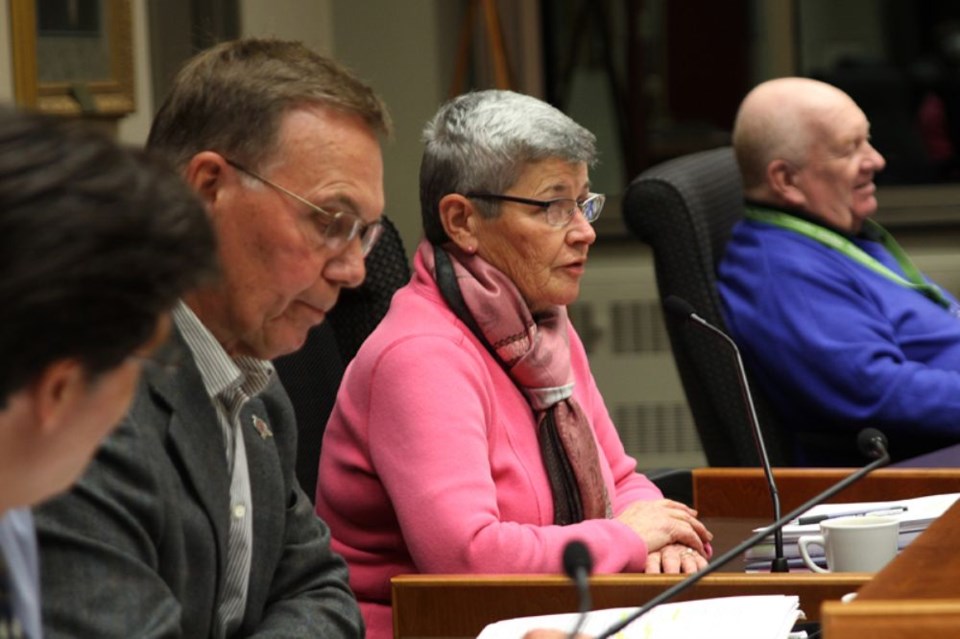THUNDER BAY -- Council was clear they weren't deciding anything about the budget Monday night, but how they reached that decision led to some confusion.
Administration presented a report outlining budget directions for the next three years that included four options with projections and assumptions on what the proposed levy increases might look like.
The option recommend would see a 4.2 per cent average increase every year over the next three years, showing that about $22.5 million more will be needed to run the city by 2018.
That's about a 3.2 per cent increase for existing taxpayers once projected growth is factored in.
Other options would look to cut capital, operational or a combination of spending to drive down those increases. Administration said all of the projected increases are the upper limit of what’s expected over the coming years.
Budget chair Coun. Frank Pullia put forward an amendment that would direct administration to find savings in the operating and capital budgets to cut spending, which was defeated. Coun. Paul Pugh said there was nothing of substance in that direction.
"I don’t see where those cuts are going to come from,” he said. “We’re being asked to vote on blind faith. This amendment is vacuous.”
That led to a vote on the recommendation, which was defeated. Council then moved to select another option, reducing capital spending to drive the average levy increase down to around 3.9 per cent. 2.8 per cent for existing. That was also defeated along with a re-vote on the first option.
It eventually led to a referral, suggested by Coun. Iain Angus, which administration come back next month. City manager Tim Commisso said as long as council isn't looking to go below the 2.8 per cent proposed increase, it’s possible for administration to head back to council with its best commendations.
Commisso said unlike last year's budget, which came with a number of options to reduce spending, things are much tighter this year without the city starting to cut services, operating or capital spending.
"It’s as tight of a budget as I've seen. We have very little flexibility in trying to deal with it,” he said.
